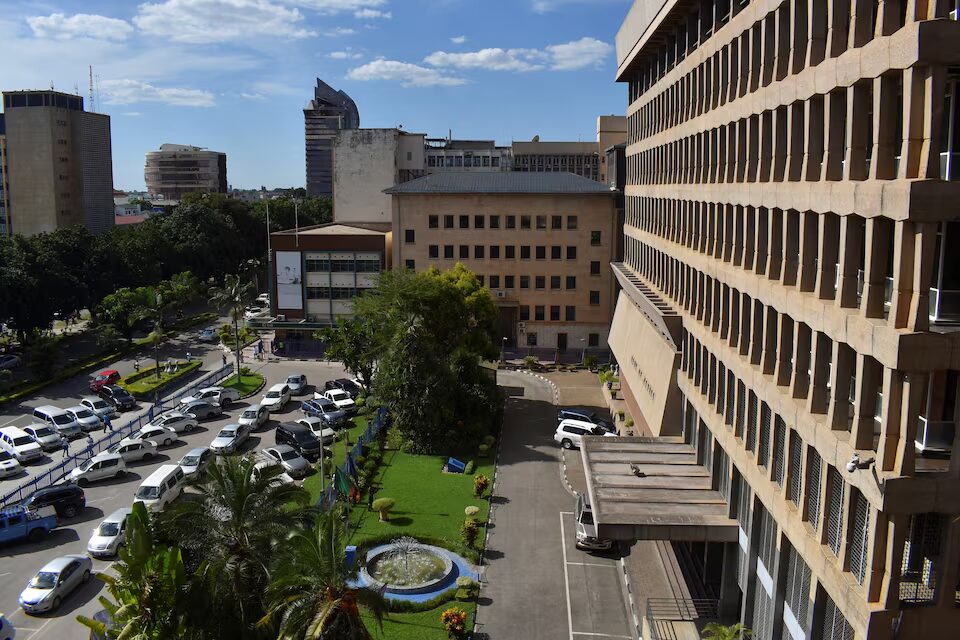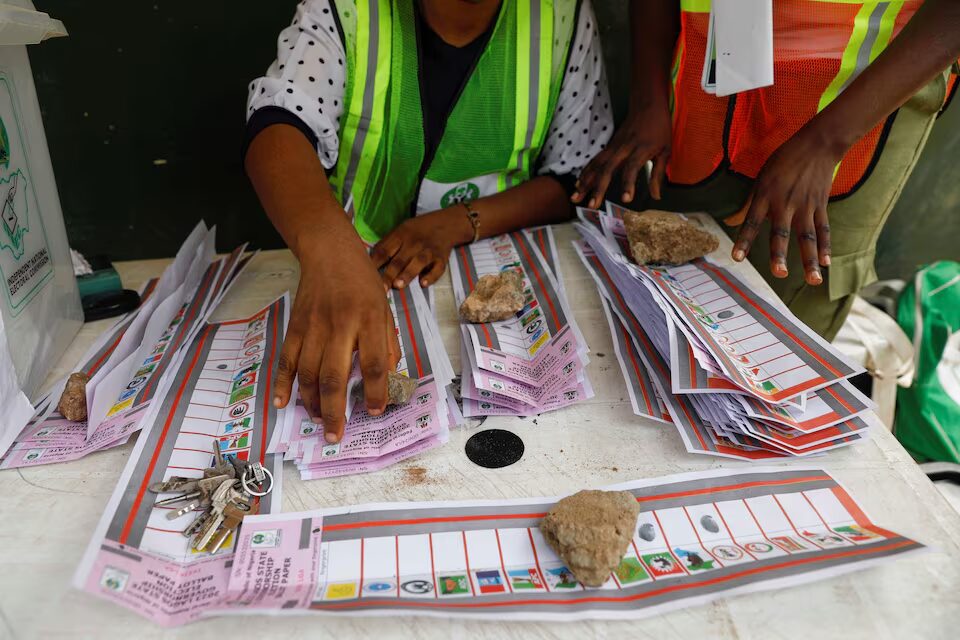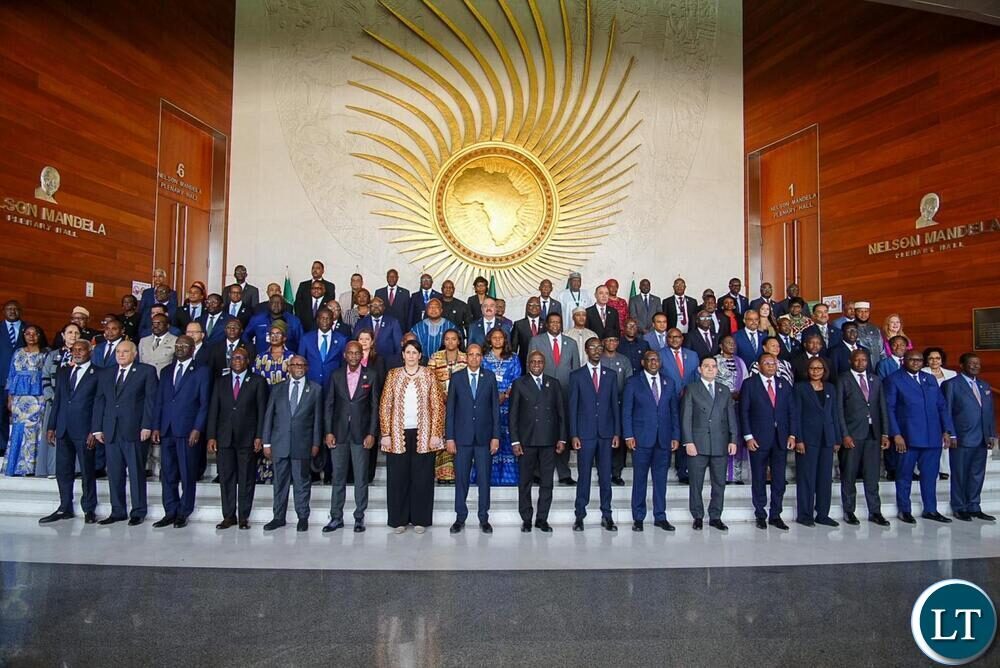
Tuesday, 28th January 2025

Dar es Salaam, Tanzania, In a defining moment for Africa’s energy landscape, the continent’s leaders have committed to providing reliable, affordable, and sustainable electricity to 300 million people by 2030. This landmark commitment, formalized in the Dar es Salaam Energy Declaration, signals a unified strategy to combat energy poverty and accelerate economic development across the continent.
At the Africa Energy Summit, policymakers, financial institutions, and industry leaders outlined the path toward closing Africa’s energy access gap. With 600 million people still lacking electricity and 1 billion relying on unclean cooking solutions, the urgency of the mission is indisputable.
The summit saw unprecedented financial pledges totaling $48 billion from leading development institutions, affirming a global commitment to Africa’s energy transformation. The African Development Bank (AfDB) committed $18.2 billion, while the World Bank pledged $22 billion. The Rockefeller Foundation allocated $20 million for technical assistance to develop country-specific energy plans. Other key contributors included the Islamic Development Bank, which pledged $2.65 billion, and the Asian Infrastructure Investment Bank, which committed $1.5 billion. The OPEC Fund announced a $1 billion contribution, and the French government is expected to make a significant financial commitment.
Speaking at the summit, AfDB President Dr. Akinwumi Adesina emphasized the pivotal role of private sector participation, noting that reforms must prioritize mini-grids, off-grid solutions, and transparent licensing frameworks. He underscored that unlocking private investment is essential for expanding Africa’s electricity supply, particularly in rural communities that remain underserved.
Tanzania presented an ambitious roadmap, outlining a $13 billion investment requirement to advance its energy sector. President Dr Samia Suluhu Hassan reaffirmed Tanzania’s commitment to increasing access, improving efficiency, and promoting clean cooking solutions. The country aims to expand its electricity production capacity by 2,463 megawatts through solar, wind, geothermal, and hydro projects. Currently, Tanzania generates 3,431 megawatts of electricity, with 58 percent coming from hydro, 35 percent from gas, and 7 percent from other renewable sources. The country also seeks to establish itself as a regional electricity trading hub, strengthening interconnections with Burundi and Kenya while advancing new links with Zambia and Uganda.
Another priority for Tanzania is expanding electricity access to rural areas. Out of the country’s 64,359 hamlets, 32,827 are currently electrified, with efforts underway to reach an additional 20,000. The remaining 11,532 hamlets are set to be covered by 2030. The government is also prioritizing clean cooking solutions, aiming to increase adoption from the current 10 percent to 80 percent by 2034, thereby reducing reliance on firewood and charcoal. The country seeks to secure $5 billion from the private sector to help achieve these goals.
The success of Mission 300 hinges on collaboration between governments, multilateral institutions, and private investors. World Bank President Ajay Banga reinforced the urgency of energy access, noting that Africa’s youth population is projected to grow by 360 million in the next decade, while only 150 million jobs are expected to be created. He emphasized that energy is fundamental to economic transformation, arguing that without sustainable energy, the continent’s future workforce will lack opportunities to participate in a modern economy.
The Rockefeller Foundation’s Dr. Rajiv Shah echoed these sentiments, highlighting that electricity is essential for development in today’s digital economy. He called for urgent action, innovative financing mechanisms, and regulatory reforms to ensure that Africa achieves its energy access goals. The Dar es Salaam Energy Declaration calls for governments to implement tariff and cost-recovery reforms, ensuring the financial viability of electricity utilities. The declaration also emphasizes the importance of fiscal incentives to attract private investment, regional energy integration through harmonized transmission planning, and expanded investments in renewable energy sources such as hydropower, solar, wind, and geothermal. Gender-sensitive energy policies are also a priority, with a focus on improving women’s access to electricity and creating entrepreneurship opportunities in the energy sector.
A key takeaway from the summit was the commitment to developing national energy compacts by 2025, ensuring structured implementation plans for each country. The declaration also calls on the African Union Commission to adopt the Dar es Salaam Energy Declaration at the AU Assembly, further embedding energy access as a continental priority. AfDB Secretary-General Prof. Vincent Nmehielle emphasized that this initiative is not about promises but about taking bold action and securing political support to transform Africa’s energy landscape.
With financial commitments secured, policy frameworks in place, and a collective vision established, Mission 300 is set to redefine Africa’s energy future. If successfully implemented, it will drive industrialization, economic empowerment, and a higher quality of life for millions of Africans. President Hassan closed the summit by stating that together, Africa can achieve universal energy access and empower future generations.
With the world watching, Africa has positioned itself at the forefront of an energy revolution. The Dar es Salaam Energy Declaration is not just a roadmap but a catalyst for transformation. If governments, private investors, and development partners remain committed, universal energy access is within reach. The success of Mission 300 will be measured not just in megawatts but in economic opportunities, improved healthcare, and sustainable growth—paving the way for a brighter, more resilient Africa.


